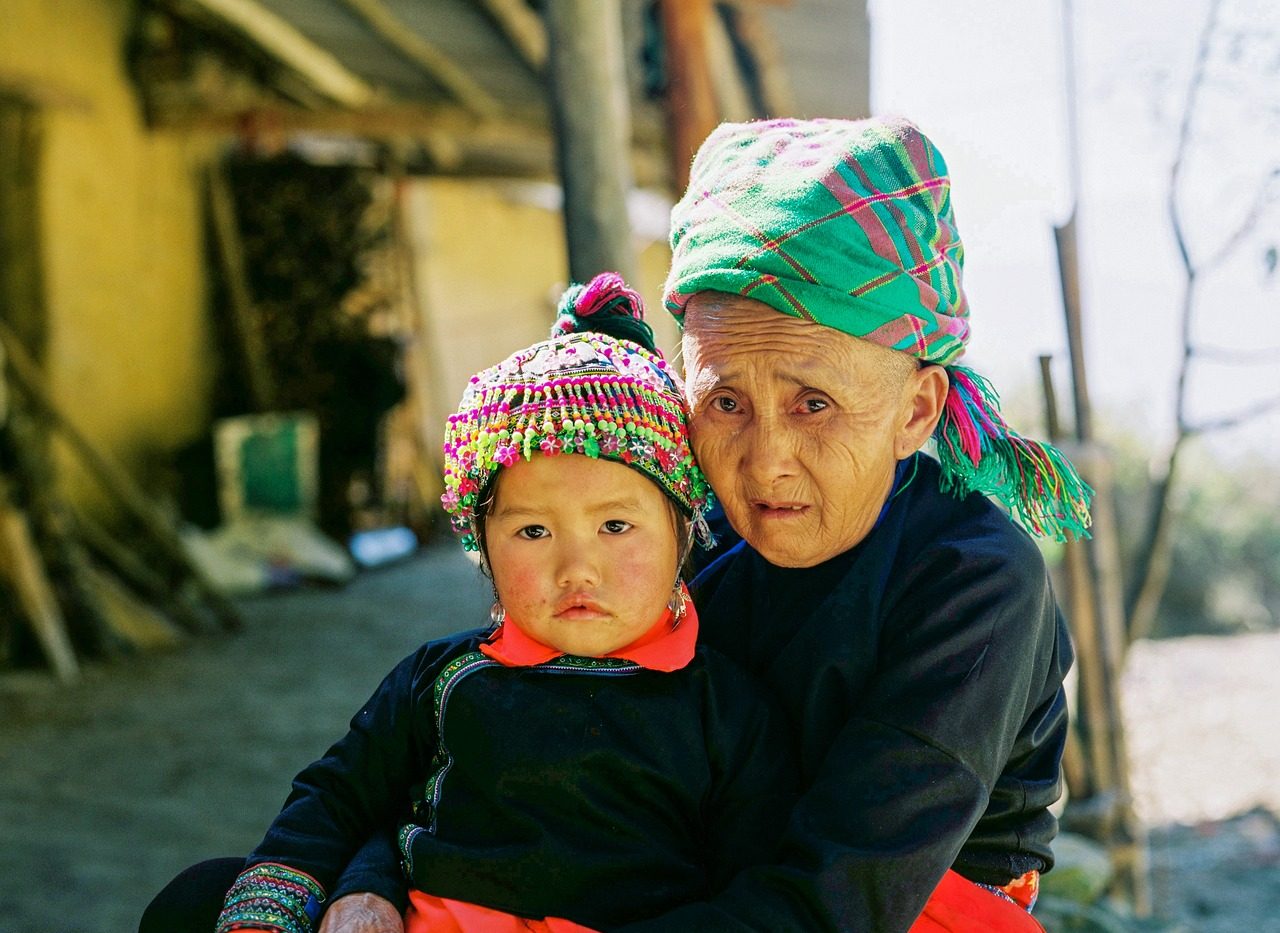
An ethnic minority may be a victim of racial discrimination.
An ethnic minority is a group of human beings who share racial traits, geographical origin, language and culture and who constitute a small subset within the framework of a society. These groups occupy a position of subordination and suffer from vulnerability.
The smallest part of the individuals who live in a locality, a region or a country is called a minority . This is a sector of the population that, due to its beliefs, its language or its race, is distinguished from the majority of that same population. Ethnic , meanwhile, is that linked to ethnicity : the community that is formed by cultural, linguistic or other similarities or similarities.
This numerical condition means that the ethnic minority tends to suffer discrimination from the majority segments. While sometimes the ethnic minority is recognized by States or governments, in other cases it does not enjoy any type of consideration or endorsement.
Characteristics of an ethnic minority
An ethnic minority is a group of people who lead a distinctive way of life , generally associated with a tradition that is not typical of the society in which they are inserted. There is an ethnic identity and a sense of belonging that the members of the group share and that separates them from the rest of the population.
It must be considered that in an ethnic minority individuals from different social classes can coexist. It is not the economic situation that unites them, but rather the cultural heritage: an intangible heritage that includes language, rituals, folklore, etc.
Of course, it must be taken into account that there are numerous ethnic minorities, each with its own particularities. The Roma , for example, are an ethnic minority with a presence in multiple countries but who lack their own State or state representation. The Quechuas , meanwhile, are recognized by the Bolivian State as a nation. In the case of the Catalans , they constitute an ethical minority in Spain , where their territory is recognized as an autonomous community. There are Catalan movements that, in any case, demand independence from the Spanish State.

The cultural rights of ethnic minorities are often violated.
Discrimination
Although, as we have already seen, each ethnic minority has its own reality, its members often have difficulties achieving social inclusion . The group also tends to suffer marginalization.
Xenophobia and systemic racism are common problems suffered by members of an ethnic minority. Although globalization favors multiculturalism, cultural diversity is often threatened and there is no true appreciation of pluralism. In extreme cases, intolerance and segregation cause minorities to organize in informal settlements or even have to carry out forced displacement.
The stigmatization of the minority population is usually a consequence of ethnocentrism : the tendency to take one's own culture as a parameter to analyze the behaviors and values of other social groups. Therefore, in the construction of collective identity there is a cultural hegemony of the dominant group and the spaces of ethnic visibility are limited.
In a broader sense, ethnic minorities have limited access to socioeconomic development and political decision-making . At the same time, they often face difficulties in achieving the expression of their identity. This leads to conflicts of different magnitudes, often violent.

The integration of ethnic minorities into society poses various challenges.
Ethnic minorities and the UN
The United Nations Declaration on Minorities was approved in 1992 . Through this document, it seeks to guarantee and promote the rights of individuals who are part of an ethnic, religious or national minority, thus simultaneously contributing to the social stability of the countries.
The UN considers that there is no unequivocal definition about which social group can be classified as a minority. In this framework, it emphasizes the combination of subjective elements (perceiving oneself as a member of a minority group) and objective issues (having a shared ethnicity, religion or language).
In addition to preserving the right of minorities to use their own language, practice and profess their faith and enjoy their culture, the United Nations Declaration on Minorities invites States to promote knowledge about the customs and history of minorities that exists in their territory and to encourage members of minorities to actively intervene in national development. On the other hand, governments are required to design and implement policies that take into account the interests and needs of these population sectors.
indigenous peoples
Indigenous peoples constitute ethnic minorities in many countries. Cultural assimilation means that many descendants of these ethnic groups do not recognize themselves as such or do not maintain the customs and practices of their ancestors.
However, many movements demand the rights of indigenous peoples . Thus, it is requested that the native population be able to live in their ancestral territory and that their ethnolinguistic traditions be respected. Avoiding apartheid and social exclusion, promoting intercultural education and allowing the exercise of citizenship are some of the usual objectives of this activism.
In Argentina and Chile , for example, Mapuche groups are in conflict with national governments over territorial struggles. In this framework, they demand the redistribution of land and self-determination to manage it and thus achieve community empowerment.
